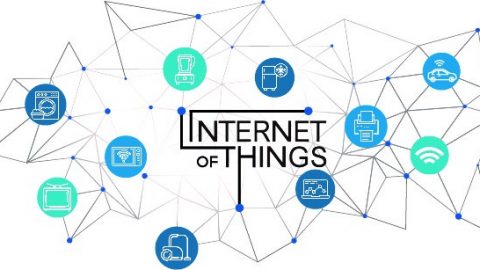
After understanding how the IoT works at your business, the next thing you need to do is start implementing it. Many manufacturers fail at this step, not because they are not financially prepared but the problem may be in the infrastructure of the business.
As is well known, the application of 4.0 technologies requires high synchronization between devices. And IoT is no exception. IoT can only operate well in a fully digitalized platform platform, integrated with modern technologies such as Cloud computing, Big data, etc. Although supporting role only, This technology again determines the value of the data collected via sensors and IoT.
Each of these differentiating tips requires advanced IoT software, including cloud computing, a data lake for aggregating and storing large volumes of data, and analytics for drawing consumable insights from the data. Solutions need to tightly integrate and adhere to modern security protocols. Working with a solution provider or deployment consultant will help you leverage the benefits of experience.
As IoT technology is still relatively new, your internal IT teams will appreciate the help of professionals who are familiar with the complexities of IoT deployment. These experts can help you avoid common pitfalls and overcome any possible roadblocks that arise.
Ultimately, metal fabricators need differentiation and tools to help them level-up their products and service for customers. IoT technology can provide important abilities and help you leverage technology for insight.
But, to truly be effective and reap differentiating-level benefits, metal fabricators need to go beyond the basics. Involve experts to help plan the strategy. Set goals using advanced applications, such as the five listed here, to stand out from the competition. “Most importantly, get started now.”
Source: Equipment News